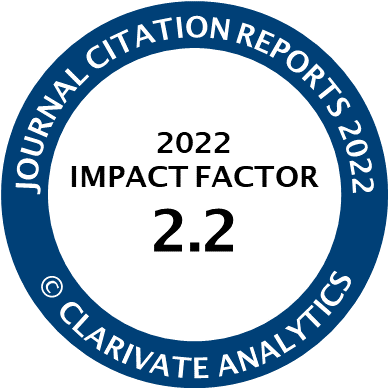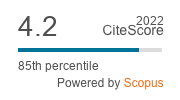Editorial | Open Access
Research on Politics of Disaster Risk Governance: Where Are We Headed?
| Views: | 3615 | | | Downloads: | 1936 |
Abstract: This thematic issue aims at unravelling how the global consensus towards a shift to risk reduction and inclusive disaster governance evolves in everyday governance practices, where roles and responsibilities are evolving and negotiated, permeated by politics of power and legitimacy. It identifies three different dimensions of disaster governance. The first is the formal dimension: the way governance arrangements are designed or meant to work. The second is ‘real’ governance: the way in which formal governance arrangements manifest and evolve in actual practice. The third is invisible governance: an amalgam of household and neighbourhood-level activities and networks for disaster response that happen outside of the gaze of the formalized governance arrangements. The 21 articles in this issue address the politics of governance based on thorough empirical work, while theoretically contributing to several themes relating to the politics of disaster governance. The outcomes of the thematic issue are: 1) The three governance dimensions are useful to reveal what the roles and room for manoeuvre is of different actors, including governments, international community, experts, non-state actors and affected communities; 2) Technical solutions for risk reduction and disaster response crucially rely on socio-technical, political, and administrative systems and processes and hence need to be adjusted to the specific context; and 3) The political nature of disaster governance calls for a deeper understanding to advance accountability to affected populations.
Keywords: disaster governance; formal governance; inclusive disaster governance; invisible governance; politics of disaster governance
Published:
© Dorothea Hilhorst, Kees Boersma, Emmanuel Raju. This is an open access article distributed under the terms of the Creative Commons Attribution 4.0 license (http://creativecommons.org/licenses/by/4.0), which permits any use, distribution, and reproduction of the work without further permission provided the original author(s) and source are credited.




